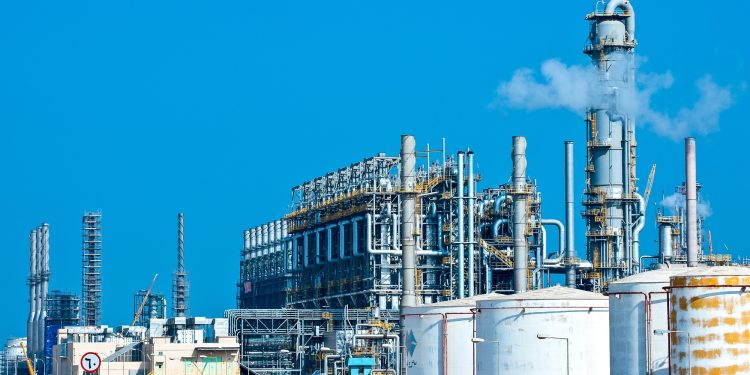Saudi Arabia has introduced the second phase of its industrial incentives program, aiming to attract significant investment and enhance the nation’s competitiveness in key sectors. Announced at the Saudi Industry Forum, the initiative is designed to strengthen the Kingdom’s position as a leading industrial hub, both regionally and globally.
The program targets factories producing essential goods not currently made domestically, offering eligible investors up to SR50 million or 35% of their project’s value. Since its launch, over 1,000 investors have shown interest, with 12 applications reaching the final qualification stage. New applications for standardized incentives will open in August.
This initiative goes beyond traditional financing, providing direct grants to support critical local manufacturing. The government highlights the growing partnership with the private sector as vital to achieving the goals of the National Industrial Strategy, which seeks to diversify the economy and expand domestic production.
Saudi Arabia currently manages 61 industrial cities, including sites overseen by MODON, the Royal Commission for Jubail and Yanbu, and the Special Economic Zones Authority. Collectively, these areas cover more than 2 trillion square meters, with substantial investments already leading to strong returns.
At present, over 1,900 industrial projects with a combined investment of SR380 billion are underway, with nearly half located in the Eastern Province. Conversion industries are expected to play a central role, targeting 30-40% of the strategy’s objectives.
The “Wafrah” program, supporting local polypropylene use, has seen over 40% growth. Plans are in place to add 20 new materials by 2025, further boosting downstream industries. The National Industrial Strategy is driven by four main pillars: maximizing natural resources, ensuring raw material availability, increasing exports, and developing specialized clusters, with over 140 supporting initiatives.
During the forum, officials emphasized the chemicals sector as a cornerstone of industrial growth. By 2035, it is expected to deliver more than half of the total economic impact projected by the strategy. Efforts are underway to significantly expand the output of specialty and downstream chemicals, as well as basic and intermediate products, fueling growth in sectors like automotive, construction, and advanced materials.
New projects were announced, including the opening of two industrial complexes in the Eastern Province, focused on enhancing services, integration, and investment in the chemicals sector. The launch of Saudi Arabia’s first tinplate manufacturing plant and several large-scale industrial agreements were also revealed, supporting local content, job creation, and economic diversification.


